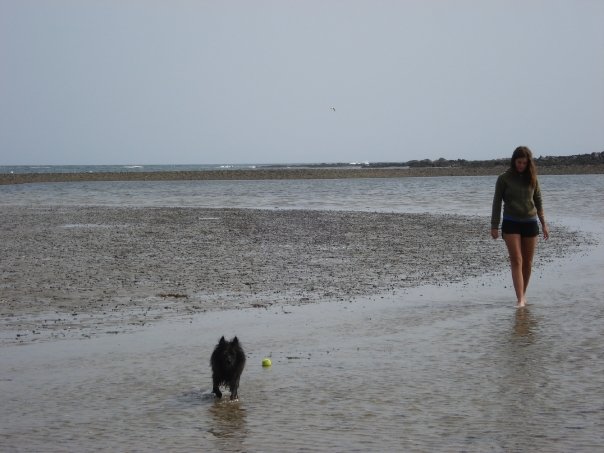As Canadians, we don’t directly suffer from HIV/AIDS, malaria, or tuberculosis epidemics, for the most part. Here, in the Developed world, we have created our own epidemic—the spread of affluenza. Affluenza is described as: the unsustainable addiction to over consumption and materialism exhibited in the lifestyles of affluent consumers in Canada and other countries. Affluenza is the main cause of overconsumption in our lives. It is the dissatisfaction with what material possessions one owns, and the yearning for more. It seems ironic that epidemics in developing countries are caused by lack of resources and material objects such as contraceptives, hygiene products and medicines/vaccinations, whereas our epidemic is the exact opposite. As residents of a developed country, we are damaging the earth and depleting its resources, not to mention poisoning our bodies with an excess of material objects and our incessant desire for even more. In order for humans to begin to repair the damage done we must re-evaluate our primitive urge to compete with one another, the harm we are inflicting on the earth by overconsuming, and ways to live a simpler, less disruptive lifestyle.
As a child, battling my older sister for her toy was an everyday enterprise, as a preteen, obtaining the trendiest jeans was a must. Out shining others is a natural human quality instilled at some point in our early lives. However, its not just humans; beyond our species, competition reaches the realm of the animal and plant kingdoms. As Darwin once explained: in order to survive, trees grow taller to consume more sunlight than their shorter neighbours, their roots grow deeper to seep up more water than the vegetation beside it—our world revolves around competition. Nowadays, however, competition is different than simply competing for survival. Larger homes, bigger cars, brand names, and globalized corporations; competition’s new motto is “the bigger the better”. Affluence, is, without doubt a major cause of overconsumption in the developed world—people filling the void of their empty lives by purchasing material goods for temporary satisfaction. Affluence is essentially competition. If humans were not competing with one another, there would be no need for excess. Nice cars would not be a valued possession—an old jalopy could suit anyone’s transportation needs, assuming the car worked properly. What are 10 watches, when you only need one to tell the time? Because we feel the need to show others our social status and success and compete with one another in these categories, we are overconsuming.
We are consumers. Every living thing, takes some sort of materials from the earth in order to survive—the earth can support this kind of consumption. Over consumption is when a species takes more than is directly necessary for use, or more than the earth can sustainably provide. Humans in developed countries have mastered this phenomenon. The earth cannot support everyone in the manner to which Americans have become accustomed. Over consuming has catastrophic impacts on our natural environment: it has caused the degradation of many of the earth’s natural resources, decreased the quality of life for people living in third world countries, and it is even serving the over consumers more harm than supposed therapeutic relief. The destruction of natural habitat is occurring all around the world to make way for industry, mass farming, and other development—all to feed our need to consume. The deterioration of North American resources is probably the most noticeable damage to the over consuming population. However, even with damage being done so close to home, perhaps even under the floor of your home, most consumers have no idea of the impact their purchases have on the environment. We have destroyed more than fifty percent of our wetlands, ninety percent of our old growth forests, ninety nine percent of tall grass prairie and over four hundred and ninety species of native plants and animals. As people of developed countries spend more money, and purchase more material goods, we use more of the earth’s resources and leave less for people who cannot pay the sums of money we can, and for people in future generations. Since the nineteen fifties, Americans have consumed more resources than; the entire third world population, the Romans during the age of the Roman empire and every human being who lived prior to this time. It seems, really, that no good is coming from over consumption—one would assume that the only party winning in this battle is the consumers themselves. However, studies show that people who have consciously made an effort to cut back on consumption habits are happier than people who have not. Why are more people not joining in?




